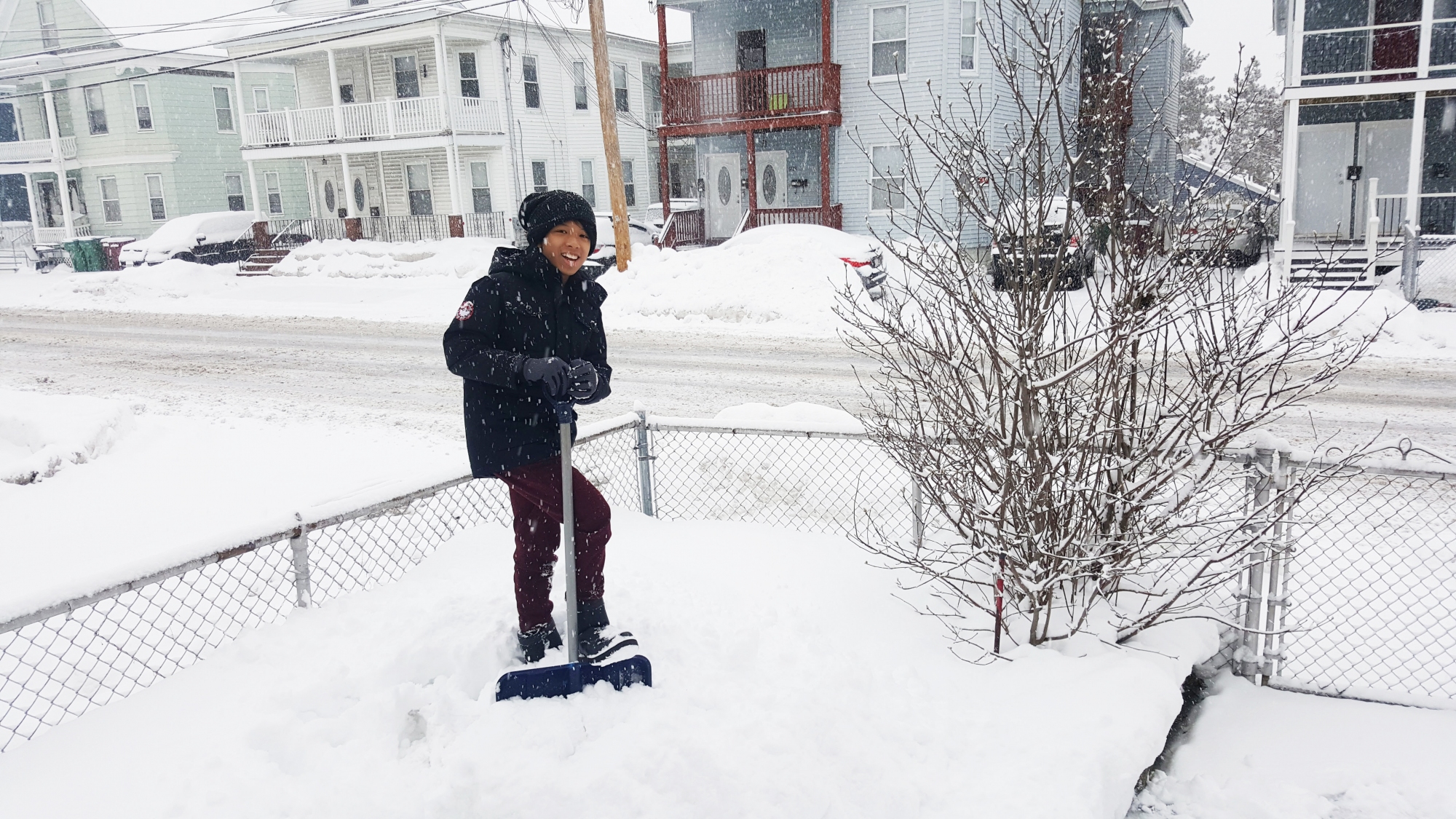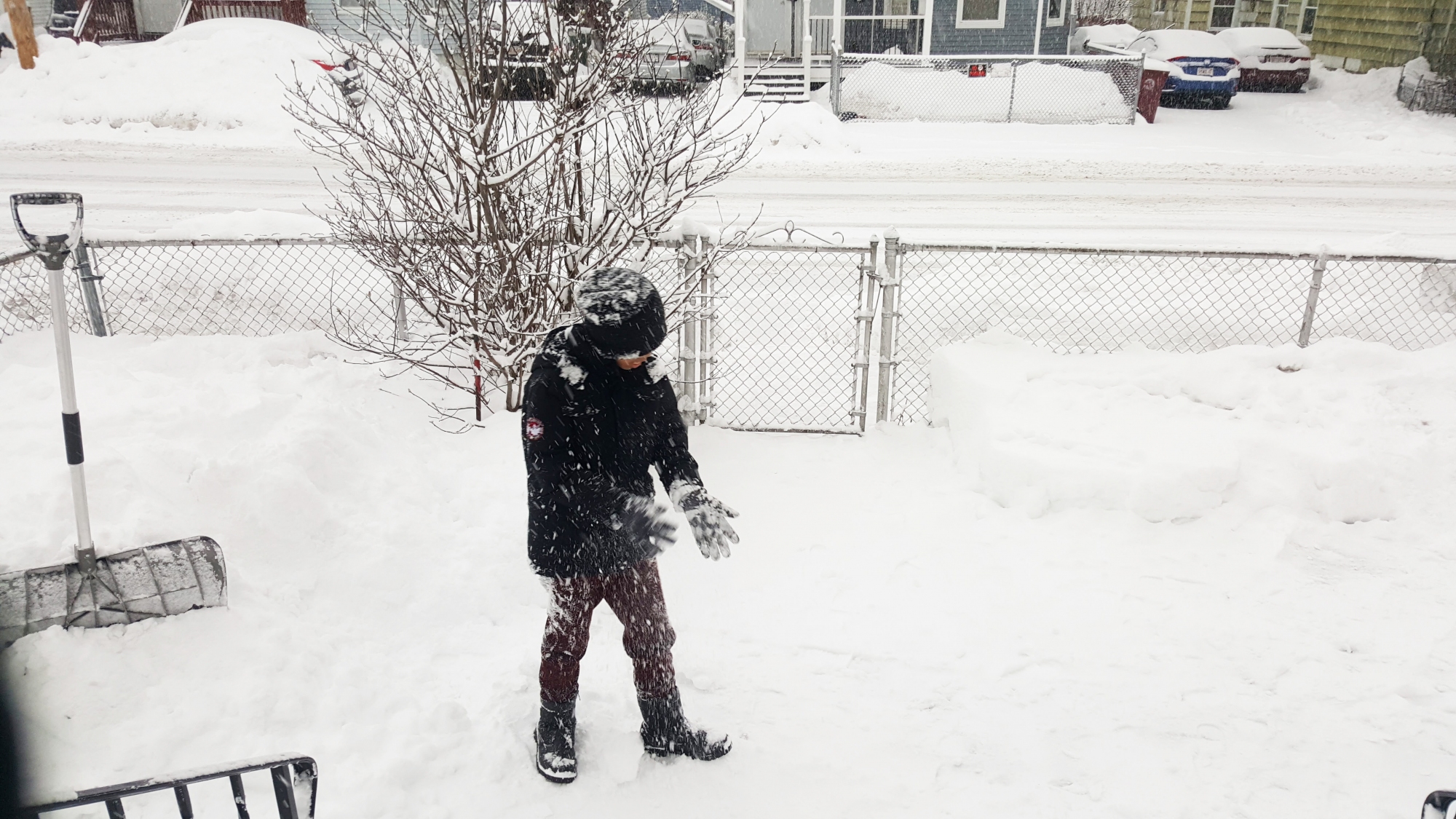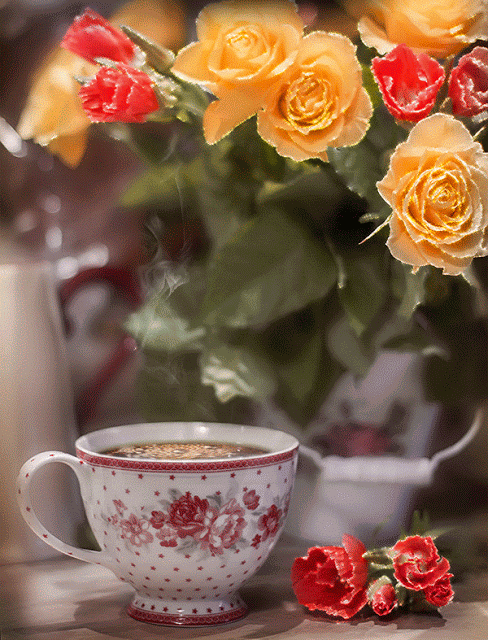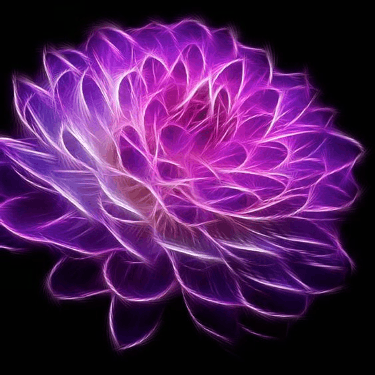
Verse 146: Why is there laughter? Why is there joy although (the world) is always burning? Shrouded in darkness why not seek the light?
- pajjalite: burning, in this context, it means burning with fires of passion, etc. (The Commentary)
-
andhakarena: darkness, in this context, ignorance of the Four Noble Truths. (The Commentary)
-
padipam: light, in this context, wisdom. (The Commentary)
The Story of the Companions of Visakha
While residing at the Jetavana monastery, the Buddha uttered Verse (146) of this book, with reference to companions of Visakha.
Five hundred men from Savatthi, wishing to make their wives to be generous, kind-hearted and virtuous like Visakha, sent them to Visakha to be her constant companions. During a bacchanalian festival which lasted for seven days, the wives of those men took all the drinks left by their husbands and got drunk in the absence of Visakha. For this misbehaviour they were beaten by their husbands. On another occasion, saying that they wished to listen to the Buddha’s discourse, they asked Visakha to take them to the Buddha and secretly took small bottles of liquor hidden in their clothes.
On arrival at the monastery, they drank all the liquor they had brought and threw away the bottles. Visakha requested the Buddha to teach them the Dhamma. By that time, the women were getting intoxicated and felt like singing and dancing. Mara, taking this opportunity made them bold and shameless, and soon they were boisterously singing, dancing, clapping and jumping about in the monastery. The Buddha saw the hand of Mara in the shameless behaviour of these women and said to himself, “Mara must not be given the opportunity.” So, the Buddha sent forth dark-blue rays from his body and the whole room was darkened; the women were frightened and began to get sober. Then, the Buddha vanished from his seat and stood on top of Mount Meru, and from there he sent forth white rays and the sky was lit up as if by a thousand moons. After thus manifesting his powers, the Buddha said to those five hundred women, “You ladies should not have come to my monastery in this unmindful state. Because you have been negligent Mara has had the opportunity to make you behave shamelessly, laughing and singing loudly, in my monastery. Now, strive to put out the fire of passion (raga) which is in you”.
Then the Buddha spoke in verse as follows:
Verse 146: Why is there laughter? Why is there joy although (the world) is always burning? Shrouded in darkness why not seek the light?
At the end of the discourse those five hundred women attained Sotapatti Fruition.
Dhammapada Verse 146
Visakhaya Sahayikanam Vatthu
Ko nu haso kimanando
niccam pajjalite1 sati
andhakarena2 onaddha
padipam3 na gavesatha.
Source: Tipitaka
















